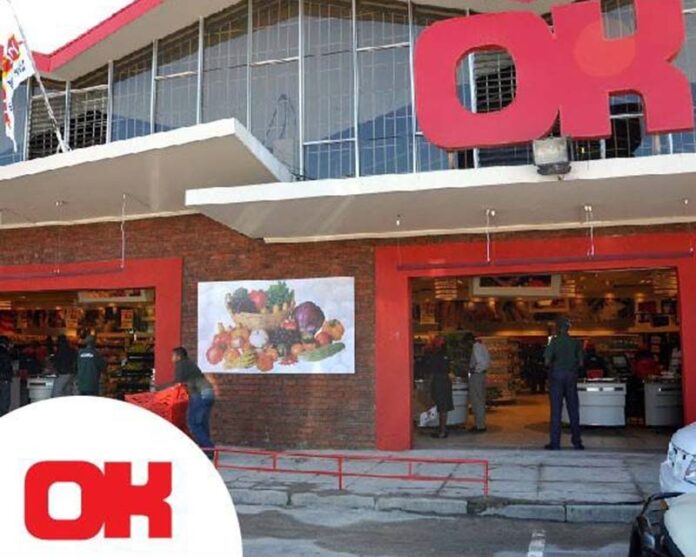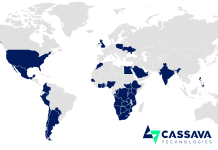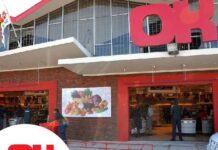HARARE – OK Zimbabwe Limited disclosed that the company faced significant challenges during the third quarter ending December 31, 2024, with a remarkable 36% decline in volume performance compared to the same period last year. Despite experiencing a 10% growth year-to-date, the quarterly downturn reflects the harsh economic realities impacting the formal retail sector.
The recent quarter also witnessed a 36% decline in revenue compared to the previous period, primarily driven by operating cost structures and liquidity challenges.
The report cites a subdued operating environment marked by lower consumer spending and acute local currency liquidity shortages, which have severely hampered access to essential working capital. The local currency, ZWG, underwent a sharp devaluation in September 2024, which escalated US Dollar-denominated obligations and contributed to increased operational costs for the retailer.
Acute liquidity shortages in local currency exacerbate challenges for formal retailers, restricting their access to necessary funding. This hampers their ability to cover working capital cycles, ultimately impacting stock levels and product availability. The inability to secure funds leads to a vicious cycle of understocking and lost sales opportunities, particularly damaging in a competitive retail environment.
“This economic landscape has constrained our capacity to maintain healthy stocking levels,” stated the company’s management. Daily availability of products fell to around 50% of normal due to ongoing supply chain disruptions stemming from restricted supplies from manufacturers and distributors. Compounding these issues, power outages have disrupted business operations and forced the company to rely more on expensive alternative energy sources.
The company has also noted that suppliers are demanding shorter trading terms and, in some cases, prepayments for locally invoiced supplies, placing additional strains on working capital. This environment has created a precarious balancing act for retailers aiming to manage inventory while navigating rising operational costs.
In response to these challenges, OK Zim has initiated several strategies, including restocking its operating units with support from supplier partners and financial institutions, as well as developing alternative procurement models to restore critical supply relationships. The company is optimistic about reinstating normal stocking levels before the closure of the current financial year.
Furthermore, consultations with Fiscal and Monetary Authorities have led to a relaxation of tight restrictions on in-store exchange rates, providing a glimmer of hope for the stability of the retail sector. The company welcomed the recent Monetary Policy Statement measures introduced to offer more flexibility in the foreign exchange market, recognizing the need for a clearer pathway toward a fully market-determined exchange rate system.
“The recent policy changes could be pivotal in restoring competitiveness within the formal retail sector,” the management added.
Despite the trials, the company remains committed to innovating operations and adapting to the evolving market landscape as they work towards stabilising and enhancing their retail offering in a challenging economic environment.
As the retailer looks ahead, industry observers will be closely monitoring the effectiveness of their strategies amidst a backdrop of economic uncertainty and shifting consumer behaviours.



















